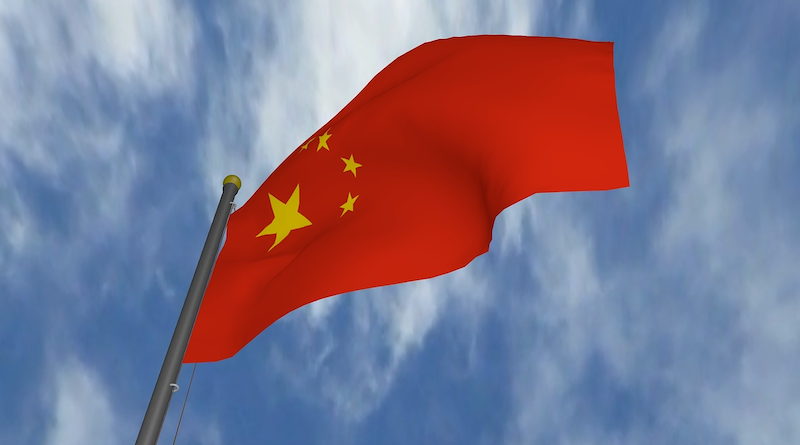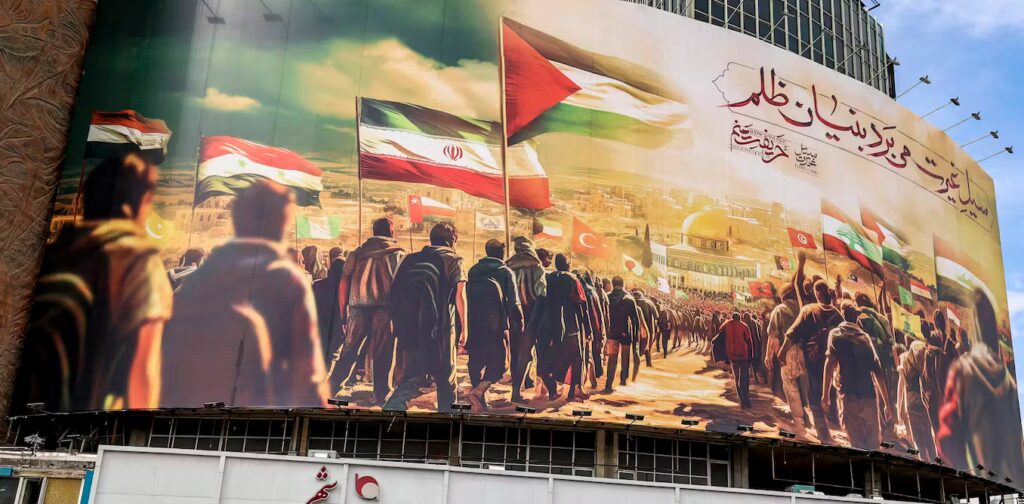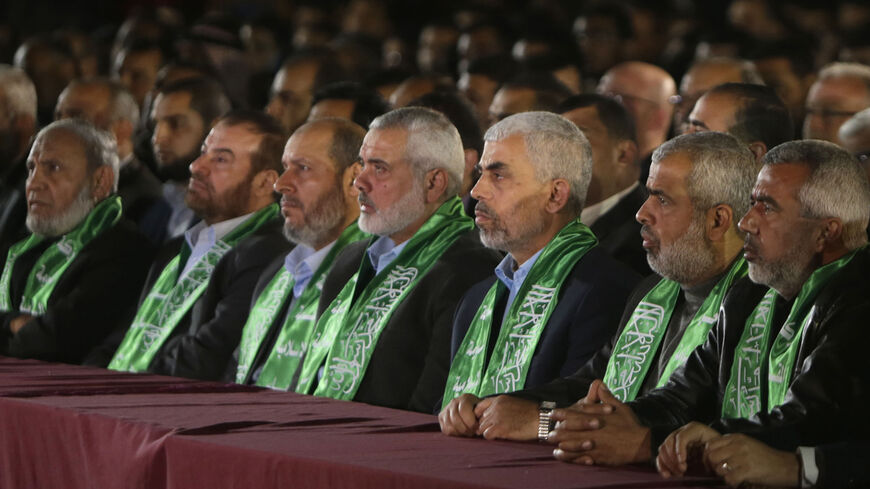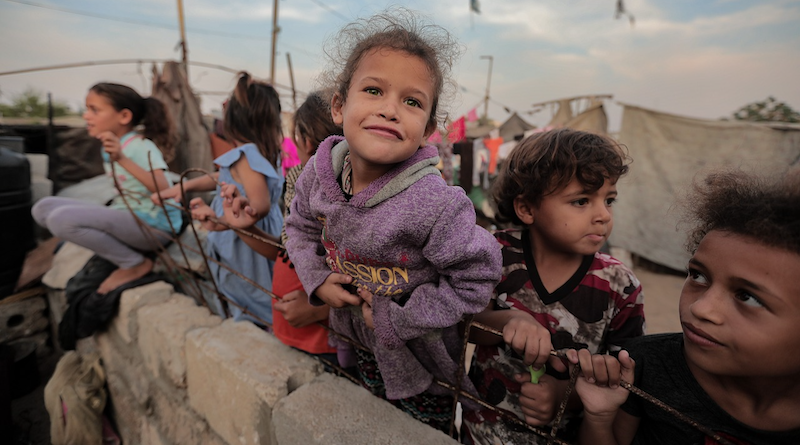Pro-Palestinian Protests: Ignorance Is Fueling The Rage – OpEd

To those born in the 20th century, the phrase “Never Forget” carries an entirely different meaning than it does today. Back then, the rallying cry was most associated with the Holocaust. Today, it is linked to the events that took place on Sept. 11, 2001. When pro-Palestinian protestors on college campuses chant, “From the river to the sea, Palestine will be free,” one wonders how many young people could tell you what river and what sea? Do they understand it as a fierce antisemitic call to eradicate Israel and its people from the Holy Land? For that matter, how many would be able to define the word Holocaust? If education is the key to knowledge, then young Americans rallying on behalf of the pro-Palestinian cause are sorely lacking.








